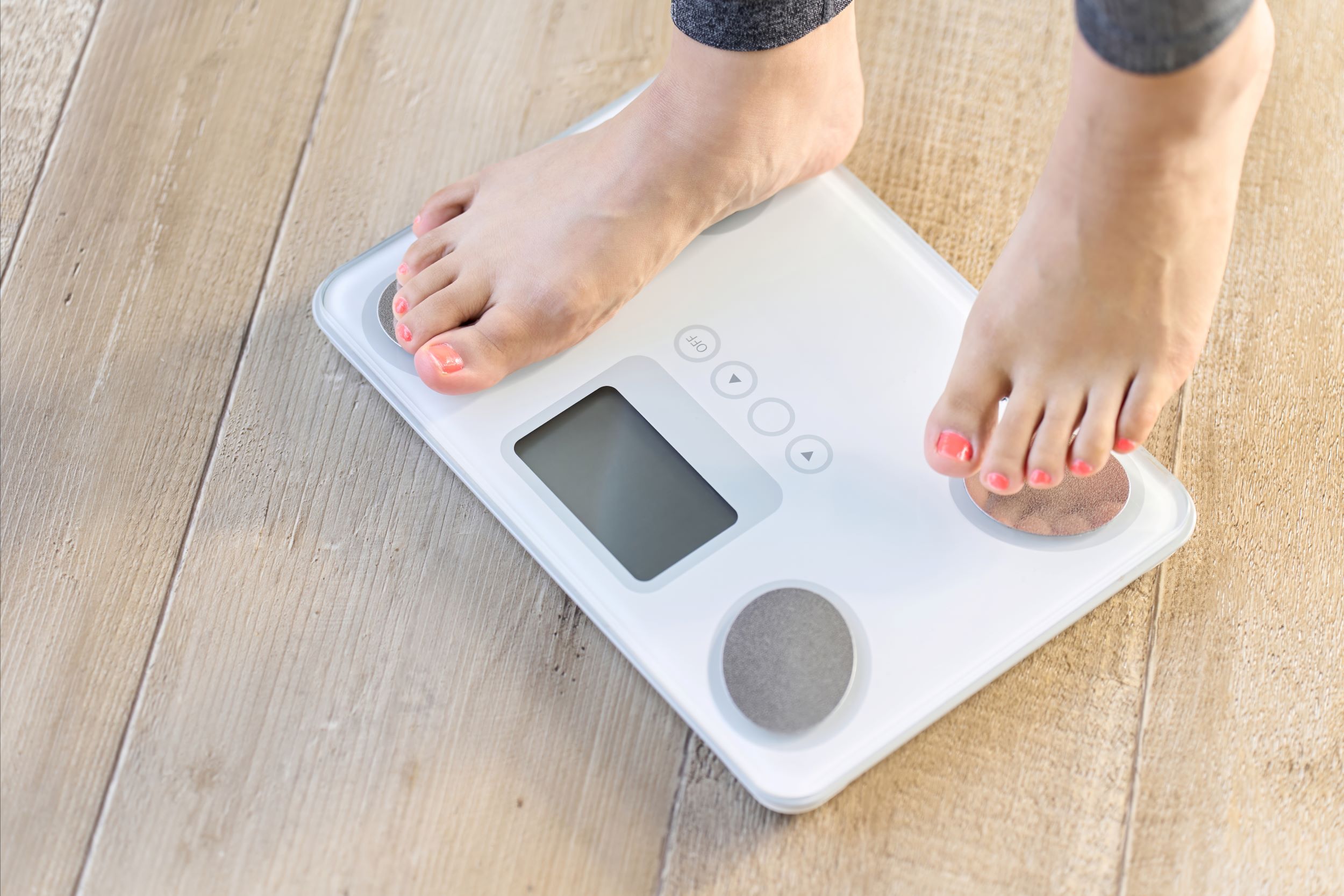New studies suggest that when you eat, might be just as important as what you eat. Intermittent fasting is one way to track your eating cycle and can result in weight loss and many health benefits. This type of fasting focuses on the time gap without food and leaves a window of time for eating, concentrating on the eating cycle rather than the meals. One of the popular attributes people are drawn to with intermittent fasting is the flexibility it offers to continue enjoying your favorite meals.
What Is Intermittent Fasting & How Does It Work?
Intermittent fasting is an eating cycle that tracks periods of fasting and eating in a day. It’s more of an eating pattern rather than a diet. Typically, our bodies use glucose as an energy source and burn fat for energy when glucose isn’t available. When people go hours without eating, the body eventually runs out of sugar to run on and instead begins to burn fat to produce energy. Generally, resulting in weight loss.
Popular Intermittent Fasting Methods
There are a variety of ways to fast. Finding a plan suitable for each person’s dietary needs and schedule can be a bit of trial and error. During fasting times, people can drink black tea and black coffee, and of course, plenty of water. Here are a few intermittent fasting methods:
- Fasting for 12 hours a day – a good option for beginners, splitting the day equally between fasting and regular eating
- 16/8 method – fasting for 16 hours and eating during an 8-hour window
- 5:2 approach – normal eating 5 days a week and fasting for 2 days
- Alternate day fasting – similar to 5:2, fasting every other day
- Weekly day fasting – fasting entirely for 24 hours and eating normally the rest of the week
While there are plentiful health benefits, intermittent fasting might not be for everyone. Consult with a medical professional to see if this eating style is a good fit for your health and dietary needs. Seeking a micronutrient exam and possibly some nutrition IV’s during the fasting journey can help minimize side effects and ensure nutrients and vitamins are still plentiful.
Top Intermittent Fasting Benefits
Depending on the person and their chosen fasting plan, intermittent fasting can have some significant health benefits.
- Weight loss: loss in overall belly fat and weight
- Reduce insulin resistance: which can decrease the risk of diabetes
- Minimize inflammation: lessening conditions such as arthritis and multiple sclerosis
- Improve heart health: achieved by lowering cholesterol and blood pressure
- Enhance cognitive health: increased levels of a brain hormone (BDNF) benefits cognitive health
- Cellular repair: fasting triggers autophagy and waste removal; cleaning out damaged cells
The Right Way To Fast With BioCure
Intermittent fasting is becoming increasingly popular due to weight loss and overall health. But it’s not a one-size-fits-all lifestyle. Some people aren’t good candidates due to health conditions or taking certain medications. Speaking with a health care team can help achieve maximum benefits most healthily. Undergoing therapies (IV Therapy, Peptide Therapy, etc.) during the intermittent fasting journey can guarantee the body isn’t lacking any necessary nutrients. Contact Biocure today to see if you’re a good candidate for intermittent fasting and the services we offer to increase your health during your health progress.







